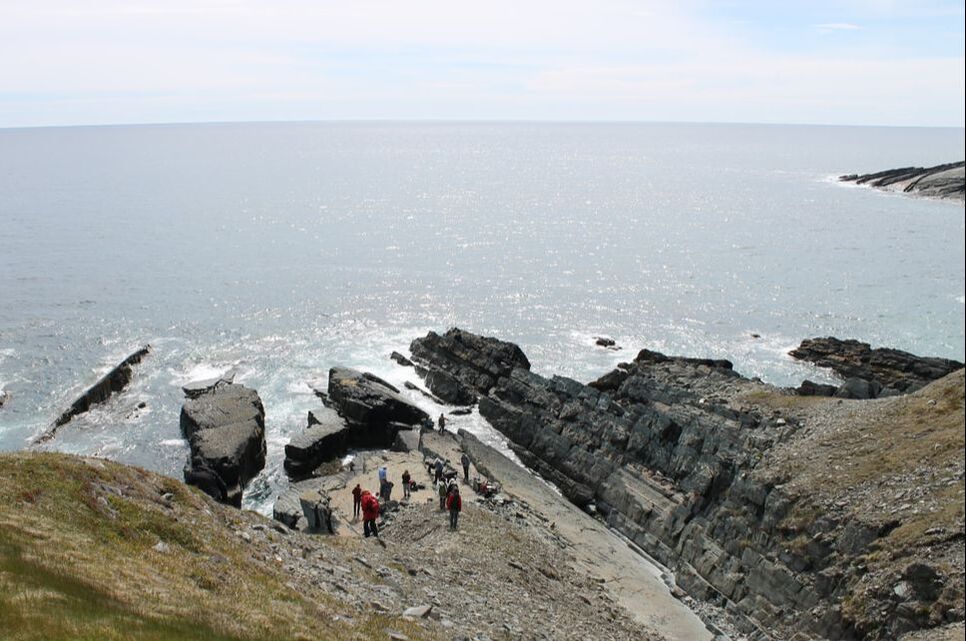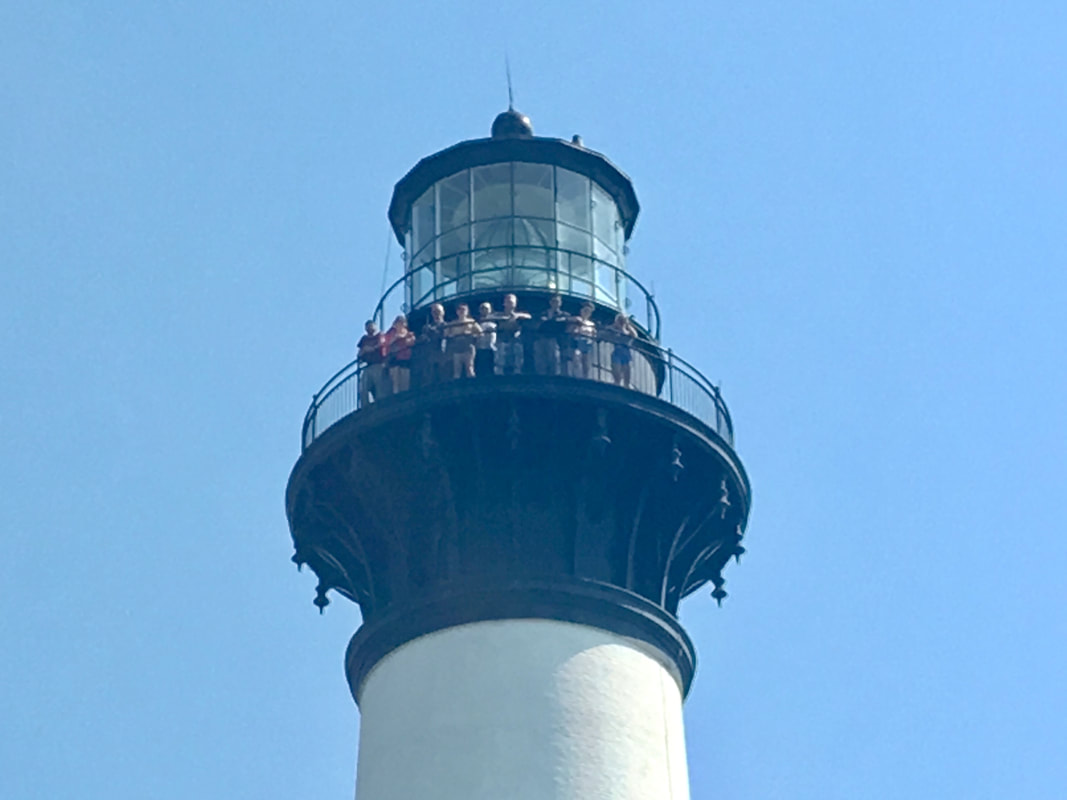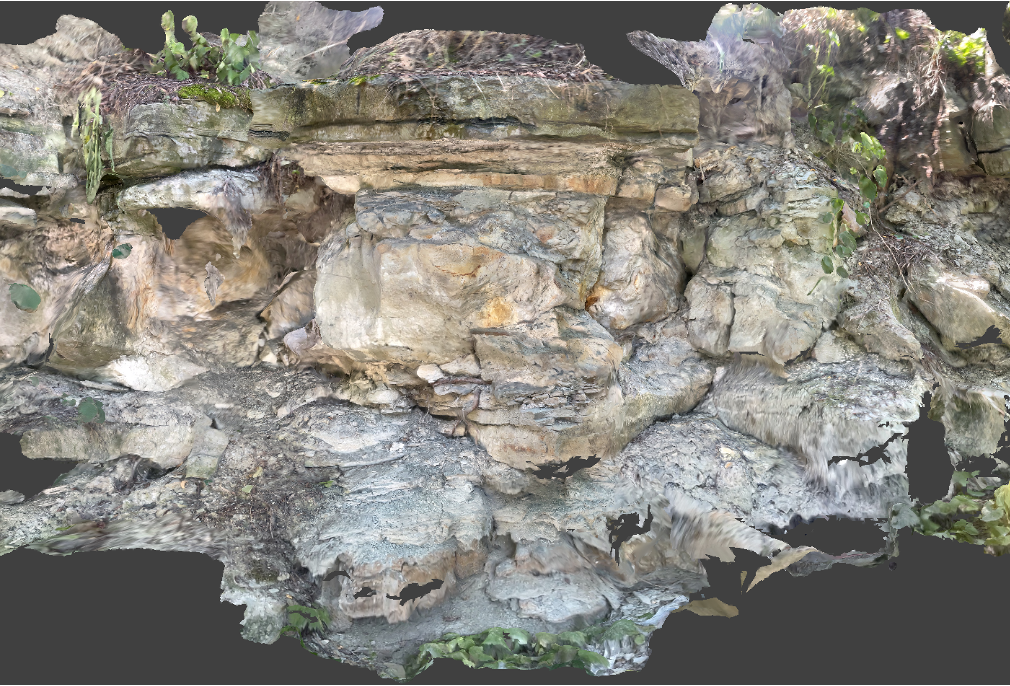Teaching Philosophy
The challenges we will face as a society in the next few decades require interdisciplinary solutions. My goal is to provide students with the fundamental knowledge and tools they will need to become an informed member of these integrated teams, able to develop their own innovative solutions to the most pressing problems of our time, including climate change and sustainability.
Teaching Experience
|
Guest Lectures (University of Toronto):
|
DIGITAL FIELD TOOLS
|
I was awarded a teaching fellowship to create experiential learning opportunities for students that are more accessible and cost effective to supplement field courses. I designed 4 labs for a basin analysis course that utilize digital field tools including 3D virtual rocks and fossils, virtual core, and Google Earth. The labs target overlapping learning objectives to interpret basin evolution and build towards a final project where students create a virtual field trip to describe the evolution and resource potential of a basin. The combined use of Google Earth, virtual core, and fossils can help students develop critical skills including rock identification, stratigraphic logging, and mapping. In addition, I am conducting a pedagogical study to understand student’s perspectives on the effectiveness of digital field tools.
|



